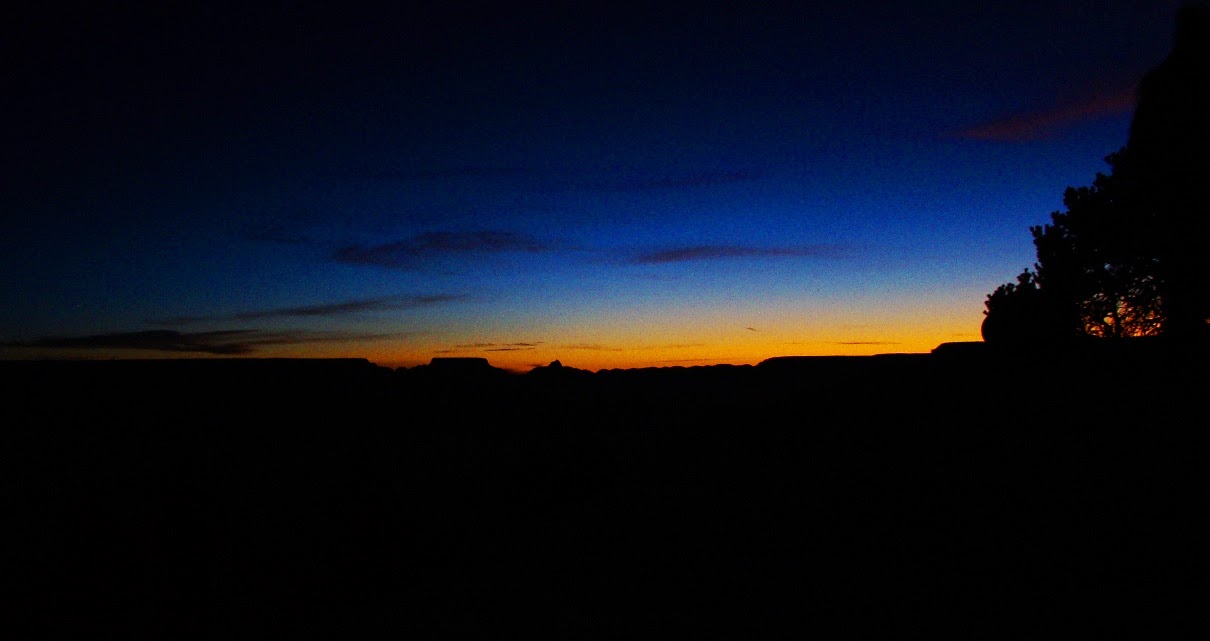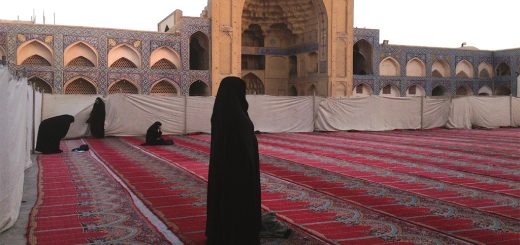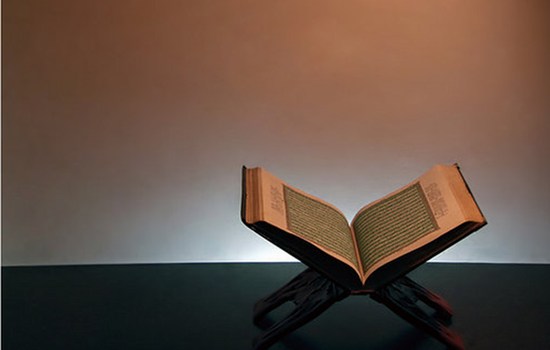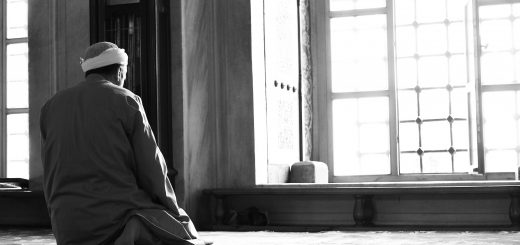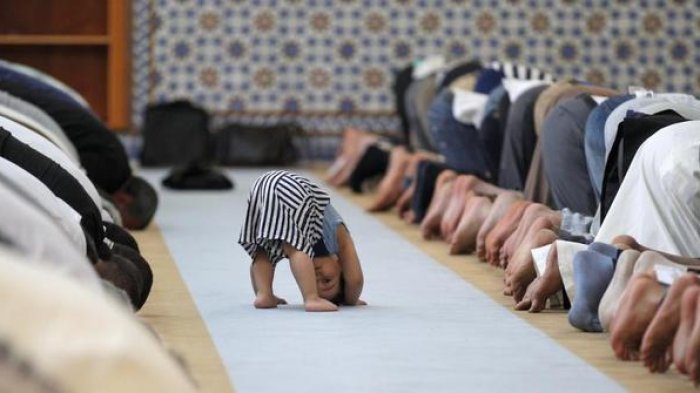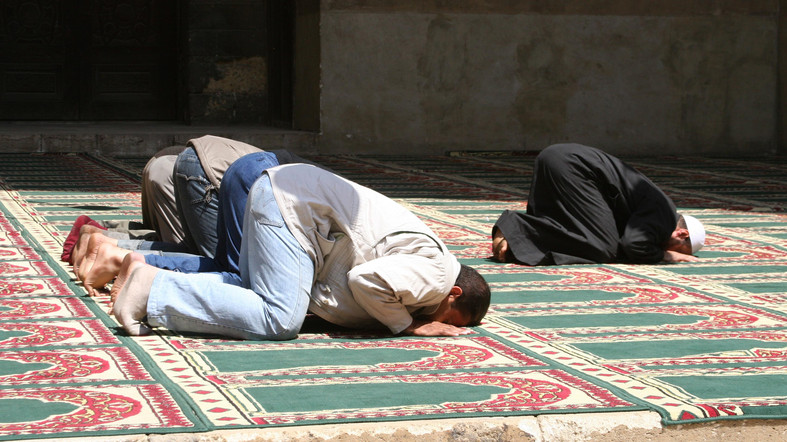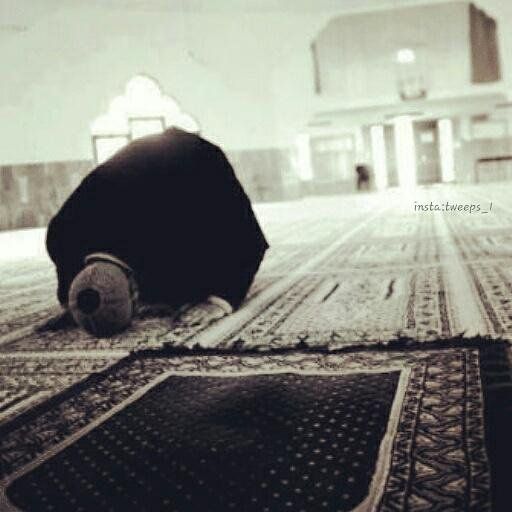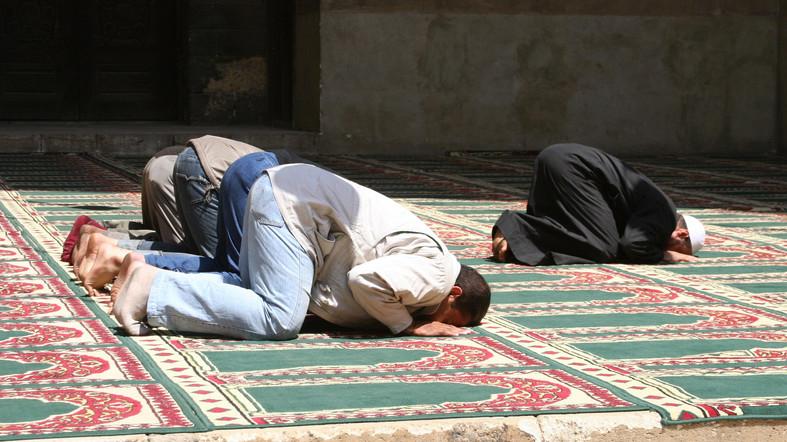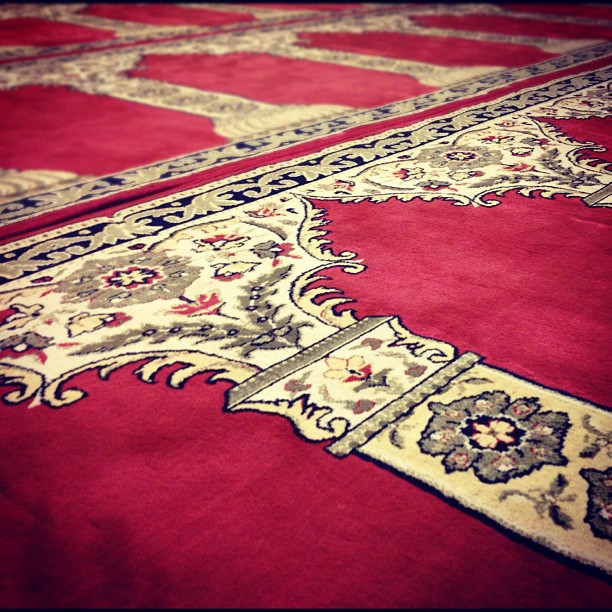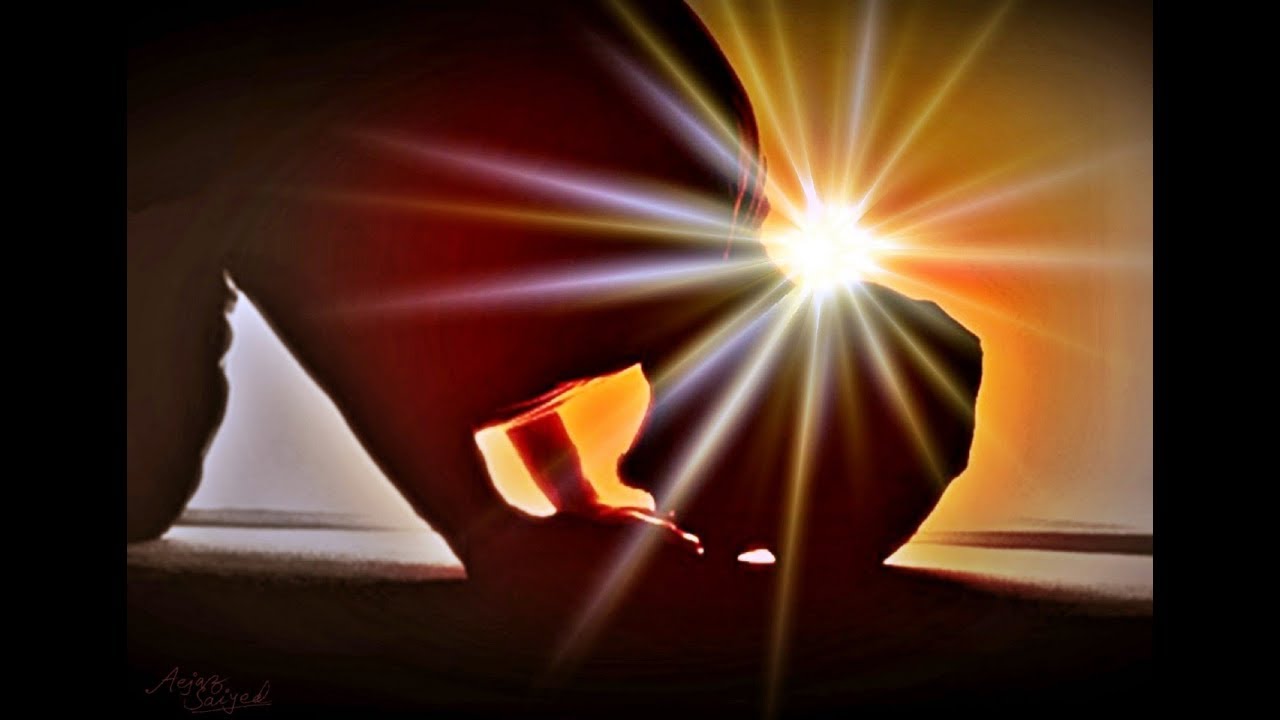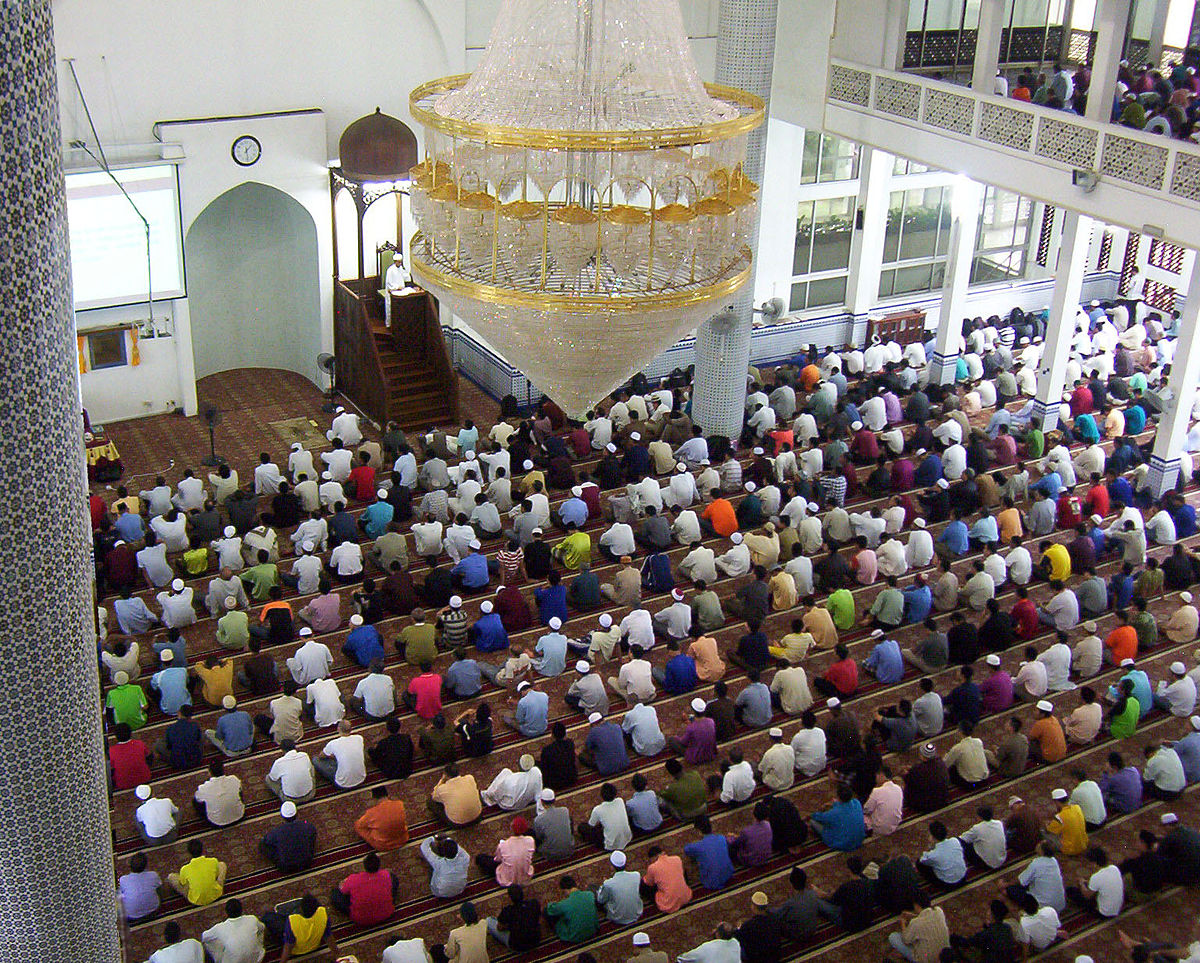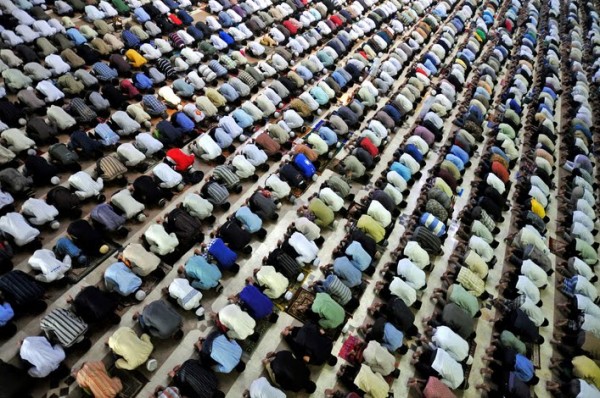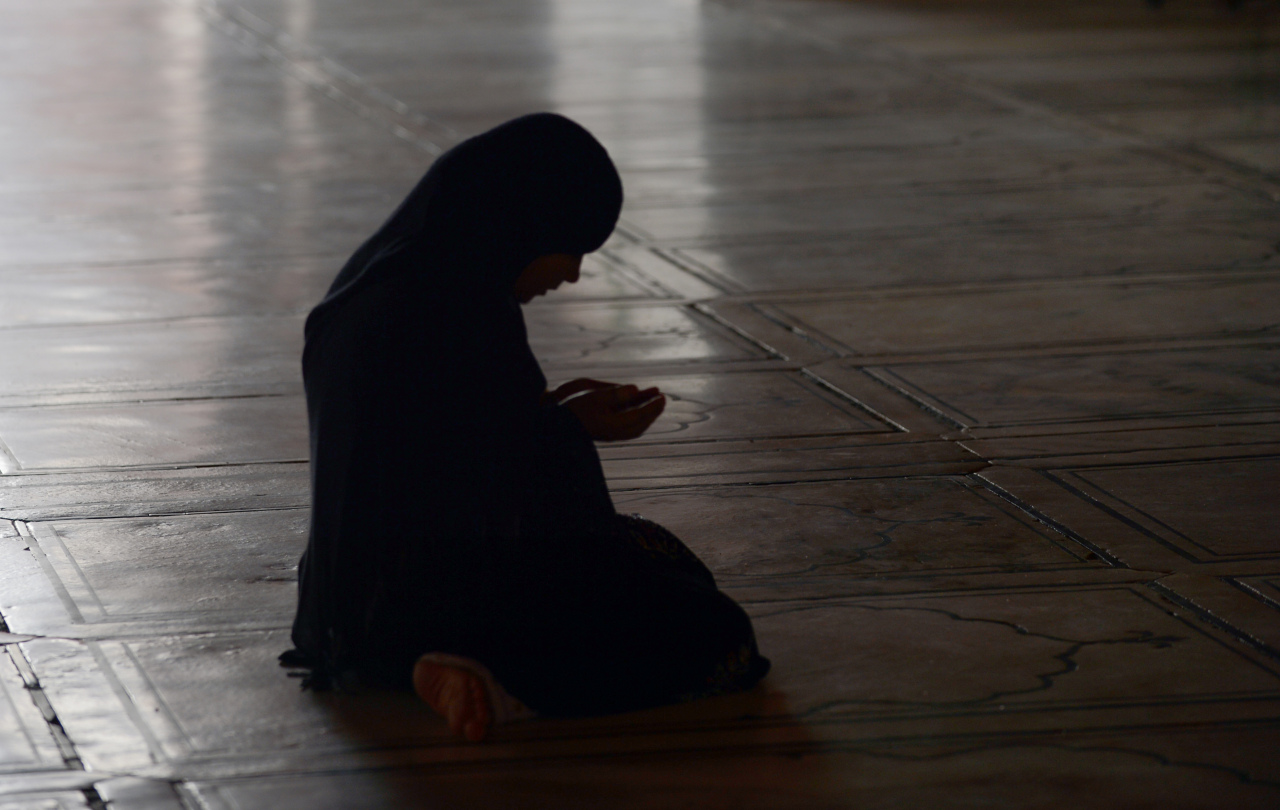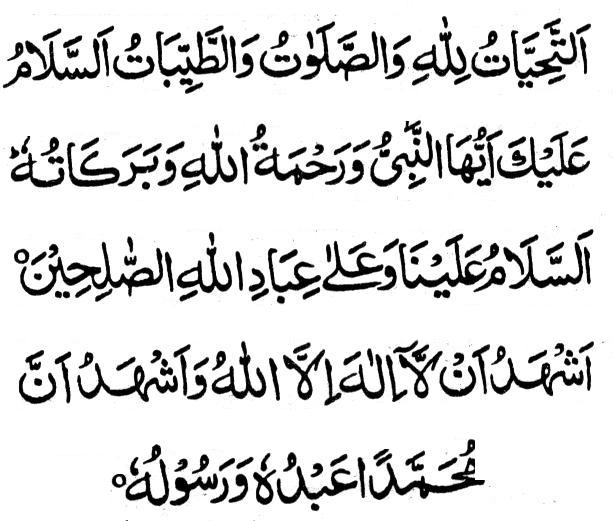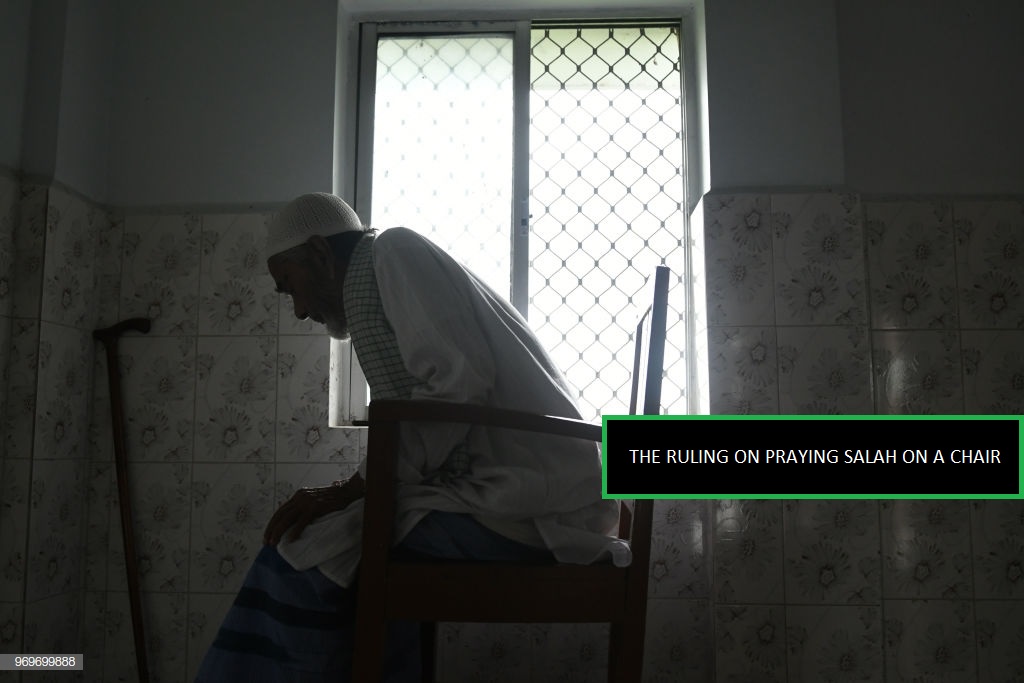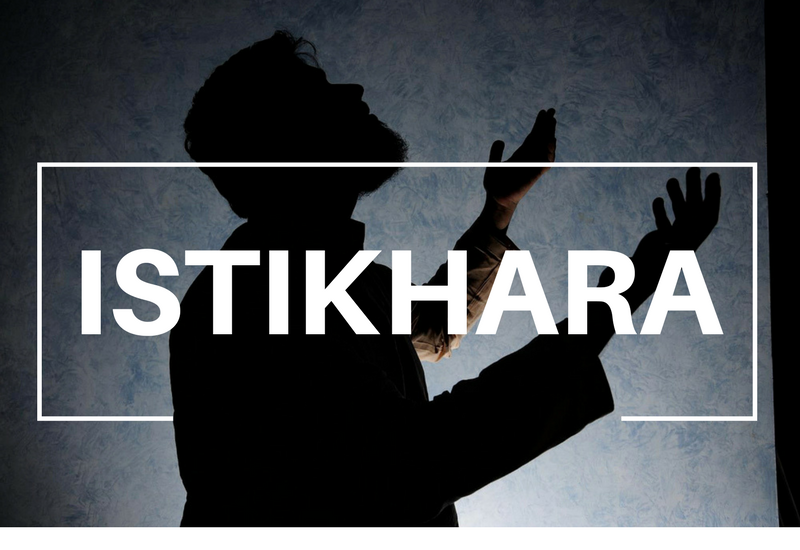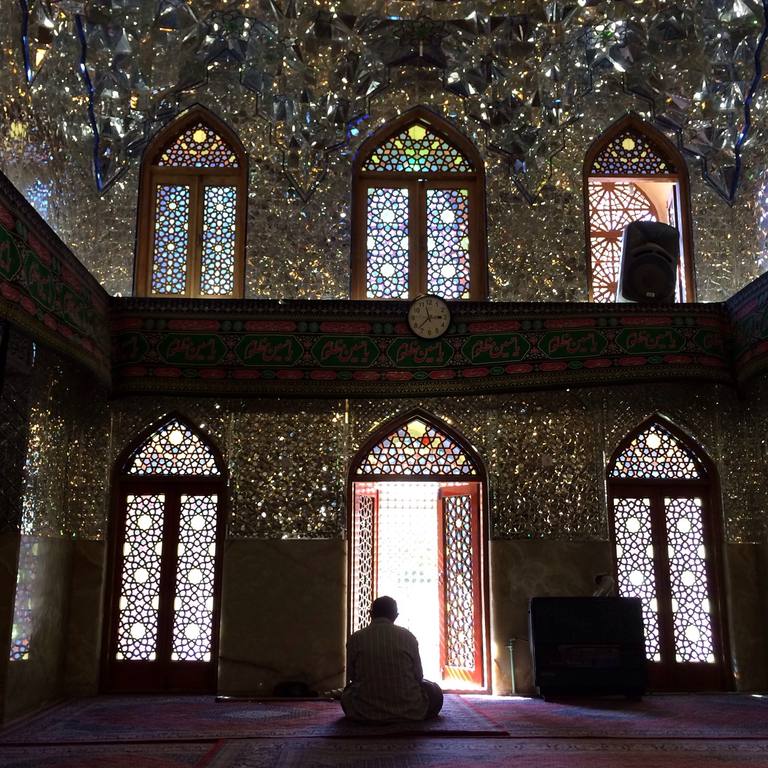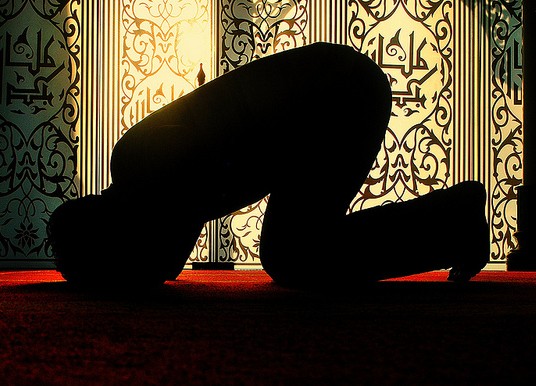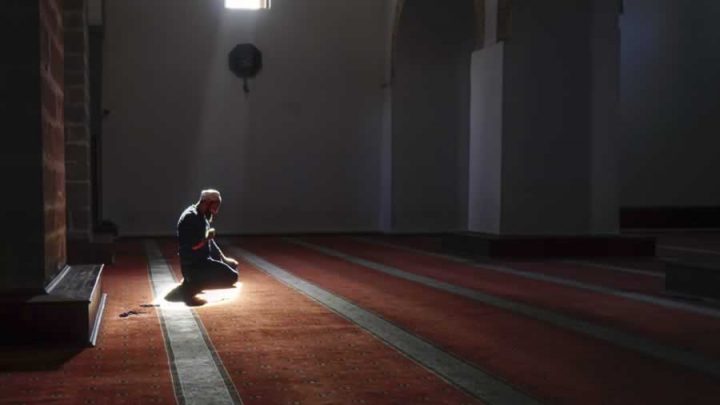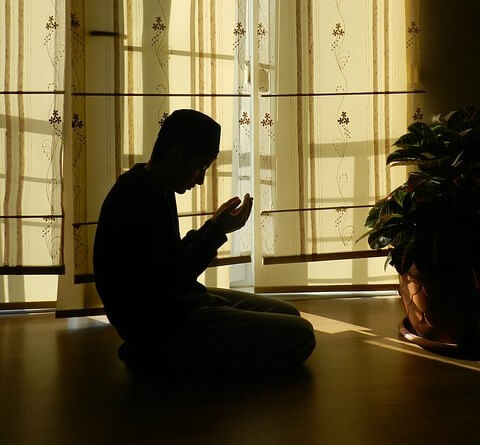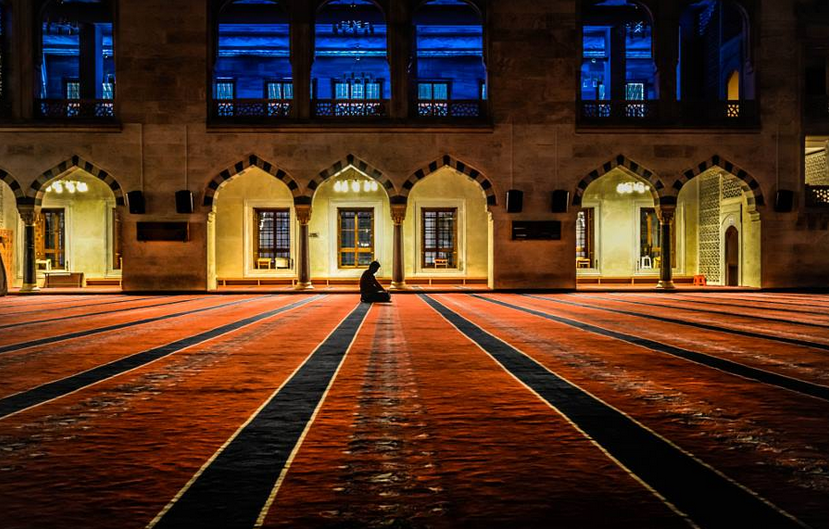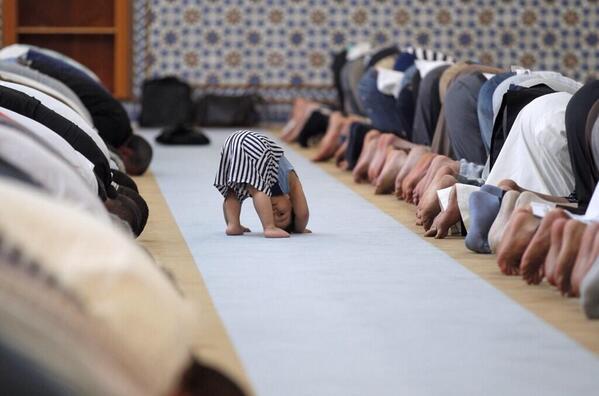QUESTION:
What do the scholars and muftis of the mighty Shari’ah say regarding the following matter: What time does ‘Ishā begin in England; also, when the time of ‘Ishā does not enter then at what time should ‘Ishā be prayed? Please explain in detail as there is a dispute in this matter and the public are in great confusion.
Questioner: A brother from England
ANSWER:
بسم اللہ الرحمن الرحیم
الجواب بعون الملک الوھاب اللھم ھدایۃ الحق والصواب
According to al-Imām al-A’dham Abū Hanīfah, the time of ‘ishā begins when astronomical twilight ends; this occurs when the sun descends 18 degrees below the horizon, and the fatwā is given upon al-Imām al-A’dham’s opinion. Under normal circumstances it is necessary to act upon this opinion and it is impermissible to act upon other than this. In England there are approximately 8 months throughout the year in which acting upon this opinion does not result in any inconvenience or difficulty.
Sayyidī Imam Ahmad Raza Khan has mentioned the following regarding this opinion of al-Imām al-A’dham in Fatāwā Razawiyyah:
هو الصحيح رواية و الترجيح دراية و قضية الدليل فعليه التعويل
“It is an authentic narration and it is given preference when presenting it is as a strong evidence, this is why it is relied upon.”
Our point of view is in accordance with the opinion of the esteemed companions; such as most superior of all creation after the messengers Sayyidunā Abū Bakr, the mother of the believers ‘Āishah Siddīqah, the Imām of the scholars Mu’ādh bin Jabal, Sayyid al-Qurra’ Ubay bin Ka’b, Sayyid al-Huffādh Abū Hurayrah, ‘Abdullah bin Zubayr and others (may Allāh be pleased with them all). Also with the Honourable Tābi’een [successors of the companions], the likes of al-Imam al-Ajal Muhammad Bāqir, the leader of the believers ‘Umar bin ‘Abdul ‘Azīz, and the respected Tābi’ al-Tābi’een [successors of the Tābi’een] for example, Imam al-Shām Awza’ī, the Imam of the jurists, hadīth specialists and righteous ‘Abdullah bin Mubārak and Zufar bin Huzail, and also the scholars of language like Mubarrad, Tha’lab and Fara’, and some of the great Shāfi’is like Abū Sulaymān Khattābī and a leading student of Imām Shāfi’ī, Imām Muzanī and others (may Allāh’s Mercy be upon them all), as mentioned ‘Umdat al-Qāri, Ghunyah al-Mustamlī and others.
[Fatāwā Razawiyyah, Volume 5, pg 245]
Those days in which astronomical twilight ends very late, due to hardship and difficulty, it is permissible to perform ‘Ishā according to the opinion of the Sāhibayn [Imāms Abū Yūsuf & Muhammad al-Shaybānī]. According to their opinion, ‘Ishā begins when nautical twilight ends; this occurs when the sun descends 12 degrees below the horizon. Just as it is mentioned in Radd al-Muhtār:
“مِنْ أَنَّهُ لَا يُعْدَلُ عَنْ قَوْلِ الْإِمَامِ إلَّا لِضَرُورَةٍ مِنْ ضَعْفِ دَلِيلٍ أَوْ تَعَامُلٍ بِخِلَافِهِ كَالْمُزَارَعَةِ، لَكِنَّ تَعَامُلَ النَّاسِ الْيَوْمَ فِي عَامَّةِ الْبِلَادِ عَلَى قَوْلِهِمَا، وَقَدْ أَيَّدَهُ فِي النَّهْرِ تَبَعًا لِلنُّقَايَةِ وَالْوِقَايَةِ وَالدُّرَرِ وَالْإِصْلَاحِ وَدُرَرِ الْبِحَارِ وَالْإِمْدَادِ وَالْمَوَاهِبِ وَشَرْحِهِ الْبُرْهَانَ وَغَيْرِهِمْ مُصَرِّحِينَ بِأَنَّ عَلَيْهِ الْفَتْوَى. وَفِي السِّرَاجِ: قَوْلُهُمَا أَوْسَعُ وَقَوْلُهُ أَحْوَطُ”
[al-Durr al-Mukhtār wa Radd al-Muhtār, Volume 1, pg 362]
The days in which astronomical twilight does not end and nautical twilight ends late (after even 11pm) or nautical twilight does not end at all; in these three situations, due to it being prevalent [amongst people], if they pray ‘Ishā after Maghrib and before half the night passes, according to Imām Malik’s opinion, they should not be prevented from doing so. In this case, it is preferable that there be a slight gap between the two prayers [Maghrib & ‘Ishā] so that the situation of gathering between two prayers does not arise [as mentioned in Shams al-Anwār].
Just as Sayyidī Imām Ahmad Razā Khān states in Jadd al-Mumtār:
أقول و ايضا من مذهب الامام المالكرضي الله عنه ان وقت المغرب قدر خمس ركعات ثم العشاء فبقاء الشفق لا يضرّ
[Jadd al-Mumtār, Volume 2, pg 49]
However, it is better in these three situations that ‘Isha be prayed as qadā (make up), as Imām Ahmad Razā Khān has mentioned in Fatāwā Razawiyyah:
Our honourable scholars received a question from Bulghār regarding the short nights of summer when the time of ‘Ishā does not enter; astronomical twilight remains until half of the night passes, and this does not yet disappear when true dawn (subh sādiq) appears in the east. Imām Burhān al-Dīn Kabīr gave the verdict that ‘Ishā should be prayed as qadā.
[Fatāwā Razawiyyah, Volume 10, pg 623]
And it is mentioned in Bahār-e-Sharī’at:
Those countries in which ‘Ishā time does not enter at all due to the twilight not setting or Fajr rising before it (twilight) sets, as is the case with Bulghār and London; in these countries there are forty nights of the year in which the time of ‘Ishā does not enter and some days it only lasts for a few seconds or minutes, the residents of those countries should pray ‘Ishā and Witr as qadā in those days.
واللہ تعالی اعلم ورسولہ اعلم صلی اللہ علیہ وآلہ وسلم
کتبہ ابو الحسن محمد قاسم ضیاء قادری
Answered by Mufti Qasim Zia al-Qadri
Translated by Zameer Ahmed and Bilal Shabir
Read the original answer in Urdu here – [Q-ID0463] According to which formula should ‘Isha be prayed during the summer nights of England?
Also see:
[Q-ID0831] Why are there differences in the Suhoor timings on Ramadan timetables in the UK?
